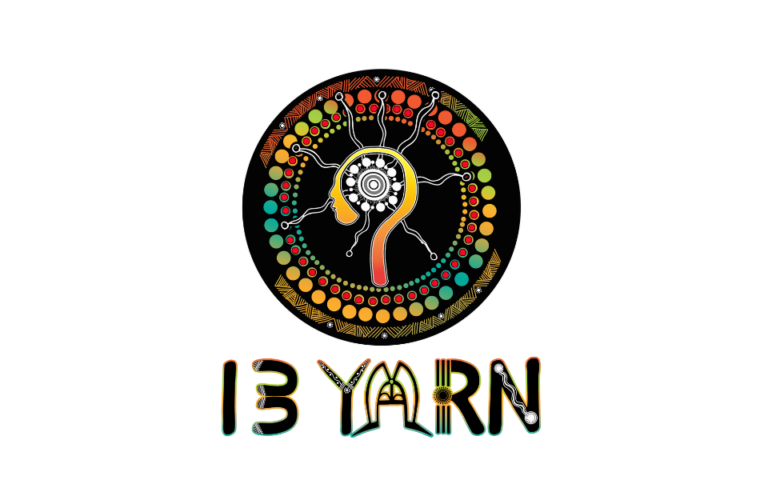Why is it important to have a good support network?
When it comes to our mental health and wellbeing, studies have shown that having a good support network with strong relationships you can count on, is vital. Feeling a sense of Belonging (intimate relationships, friends) is the third step in our basic human needs behind Physiological needs (food, water, warmth, rest) and Safety needs (security, safety) as described by Maslow’s hierarchy of needs.
Family, friends, work colleagues and our healthcare professionals are often key members of a strong support network and offer pillars of support during both happy and difficult times, helping us feel connected to a larger social group.
“It is important to have a support network made up of different people.”
It is important to have a support network made up of different people. This helps us to see problems in a number of different ways, giving us a more complete picture of the situation. Having just one person in your support network may not be enough as you may over-rely on them and exhaust that person.
All of us will encounter a time when our existing support network is inadequate. Moving home, becoming a new parent, or even just wanting to take up a new hobby are all examples of when you may need to add to your support network. As a first step, recognise the supports that are currently present in your life which you can approach, and depending on your need, create a list of people you already know and the strengths and contacts they can offer. Once completed you can start to look further afield at your local community or online.
Six tips to create your support network
1. Family
Your family can be a crucial source of support, but the quality of this support can depend on the nature of your relationships. To ensure that your family members can provide the support you need, it’s important to cultivate healthy and positive relationships with them. Spend quality time with your family and communicate openly about your goals and challenges. By doing so, you can build a strong foundation of trust and understanding that can help you weather life’s ups and downs.
2. Friends
Friends can provide a unique perspective on your life and offer support from an outside perspective. When choosing friends to include in your support network, consider the quality of your existing relationships. Look for people who are supportive, trustworthy, and empathetic. Don’t be afraid to reach out to old friends or acquaintances that you’ve lost touch with over time. You may be surprised at the strength of the connections that can be rekindled.
3. Colleagues
Your colleagues can be a great source of support when it comes to achieving your educational and career goals. If you’re looking for support in these areas, introduce yourself to colleagues who have similar interests or experience. Human resources departments can also be a great resource for connecting with mentors or career coaches who can help guide you on your journey.
4. Neighbours, acquaintances and friends of friends
Don’t overlook the power of your existing network when building your support system. Reach out to neighbors, acquaintances, and friends of friends to identify potential connections. Attend community events or social gatherings to meet new people who share your interests. By expanding your network, you increase your chances of finding the support you need.
5. Social Media and Online Meet Up Groups
Social media and online groups can be a valuable resource for finding support and connecting with others who share your interests. Look for groups or communities that align with your goals and interests and be open to sharing your own experiences and challenges. The more active you are in these groups, the more likely you are to make meaningful connections.
6. Local Community
Getting involved in your local community can be a powerful way to meet new people and develop strong connections. Join a local sports team, volunteer for a local cause, or attend community events to connect with others. By becoming an active member of your community, you can develop a sense of belonging and purpose that can provide a foundation of support during challenging times.
Remember, different people offer different kinds of support, so the more people you have in your network, the better the opportunity for friendship and support.
Keep in touch with loved ones, friends and mentors on a regular basis. Remember to ask your support network about their lives, and their careers. Support is a two-way street, so share your talents as well.
Putting in the time and effort to build and maintain your relationships, will allow you to enjoy the positive benefits of strong connections with the people in your life.
If you need support, call Suicide Call Back Service on 1300 659 467.
If it is an emergency, call 000.









